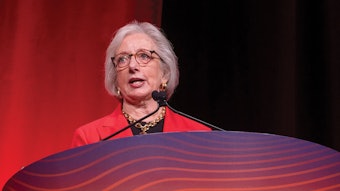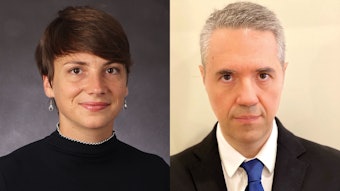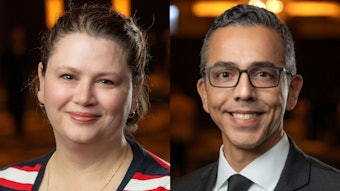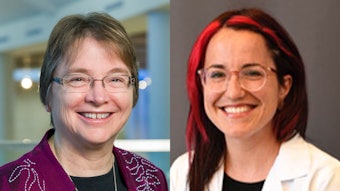Pre-conference programming that should be on your schedule
Four pre-conference sessions provided targeted information and education on Tuesday, Feb. 6.

HEADS-UP: 2024 Health Equity and Actionable Disparities in Stroke: Understanding and Problem-Solving
8:30 a.m.-5:45 p.m. MST
This symposium is a multidisciplinary scientific forum focused on race-ethnic disparities in cerebrovascular disease, with the overarching goal of reducing disparities in stroke and accelerating translation of research findings to improve outcomes for race-ethnic minorities who reside in the United States.
HEADS-UP is a collaborative initiative with the American Stroke Association (ASA) and the National Institutes for Neurological Disorders and Stroke (NINDS). In addition to exciting lectures being given by leaders in this field, twenty early career scholars will present their disparities research work at a dedicated poster session as well as participate in career development sessions.
A plenary lecture in honor of the late Edgar Kenton, MD, will be given by an outstanding researcher selected by the HEADS-UP Program Committee, with a solid track record of studying or addressing stroke disparities.
2024 Stroke in the Real World
8 a.m.-5 p.m. MST
At this year’s Stroke in the Real World Pre-Con session, we will focus on stroke in select populations: women (including transwomen), individuals with cancer and the young. We will discuss how membership in these groups affects stroke incidence, presentation and care.
Interact with experts in the field to discuss a breadth of fascinating and useful stroke topics, ranging from acute to chronic care and from rare to more common stroke-related conditions encountered in the real world.
2024 Stroke in the Lab World
9 a.m.-5:30 p.m. MST
Preclinical translational stroke research is at a crossroads. Exploratory animal experimentation in stroke therapy development has not predicted clinical outcomes. Therefore, our challenge is to select the best and most relevant candidates for clinical trials in ischemic stroke.
The established system of exploratory preclinical therapeutic testing in stroke is problematic. Urgent issues include elimination of bias, accountability of all animals, incorporation of relevant biological variables and quality control.
To tackle these issues, independent, unbiased and streamlined multicenter preclinical trial platforms are needed, with impartial funding, centralized blinding, randomization, independent data analysis, accountability and quality control. The recognition and urgency of this unmet need has created momentum in planning and launching multicenter preclinical trial platforms in the United States and Europe.
A global consensus is needed, including common data elements to maximize the utility of the large amounts of data generated for future analyses across platforms.
This topic is timely for a premeeting all-day basic and translational science symposium with the aim for international representation, opportunities for juniors to participate and in-depth discussions on the most pressing and thorny issues facing preclinical trialists.
2024 Nursing Symposium8 a.m.-5 p.m. MST
The State-of-the-Science Stroke Nursing Symposium is an opportunity to share innovative best clinical practices that have been developed to optimize patient outcomes. This plenary program and stimulating breakout sessions are planned to meet educational needs for nurses, rehabilitation and health care professionals at various skill levels.
This can’t-miss forum is designed to provide cutting-edge information for nursing, rehabilitation and other health care professionals who treat patients and families in all phases of stroke care from prevention to treatment in the emergency department through rehabilitation. The symposium will update and inform the audience about nursing issues along the continuum of stroke care (primary and secondary prevention, ischemic and hemorrhagic stroke management, rehabilitation and program development).











